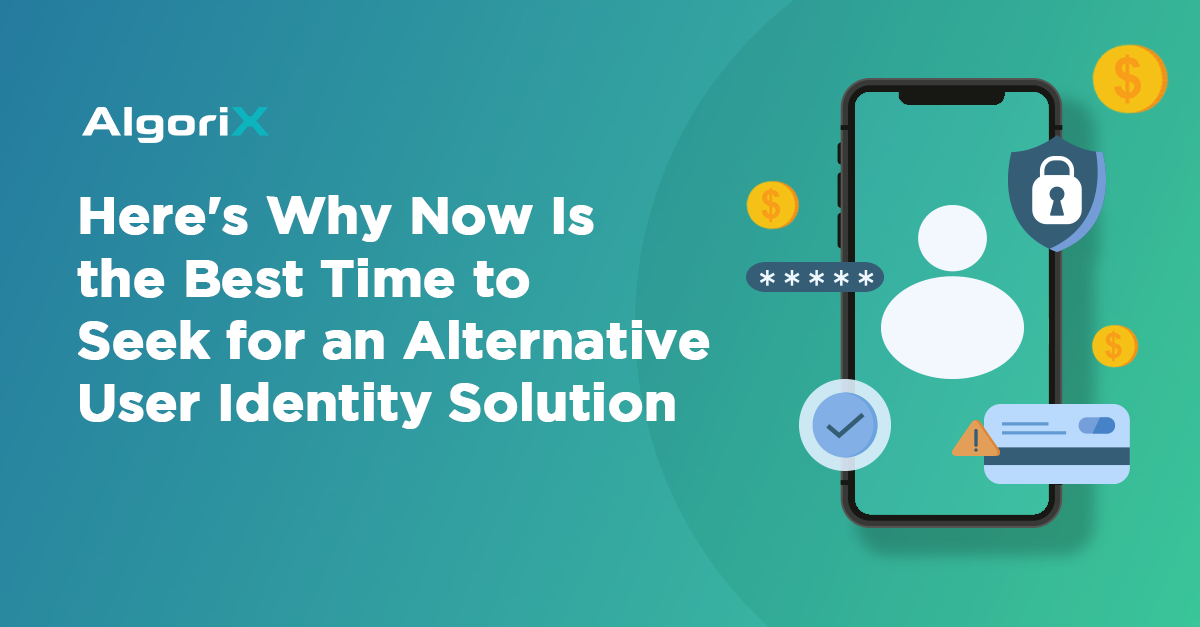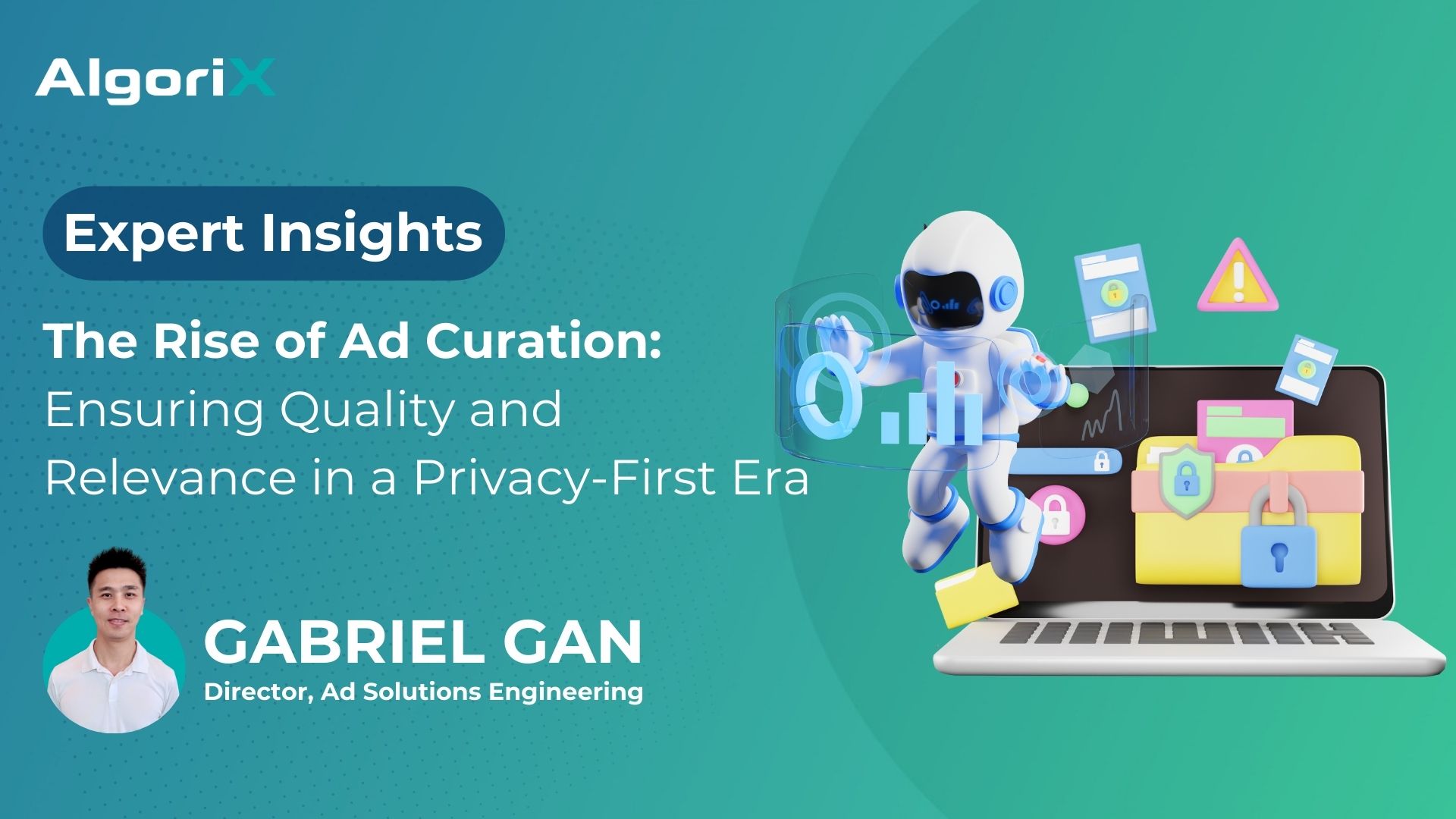With proliferating data regulations, there’s an urgent need for an alternative to user identification for advertising that relies on third-party cookies. This is part of a greater industry mandate that requires every ad tech player to uphold user privacy and comply with relevant regulations while collecting and managing user data. Therefore, everyone must handle personal data as securely as possible and use it only within the scope for which it was initially collected. Also, any alternative user identity solution must be reliable and robust, as the usage of device-level identifiers such as IDFA and Google Ad ID are being suppressed for in-app, and any breaches in security can have significant implications on the trustworthiness of an advertising platform. Finally, among marketers, there’s a growing demand for solutions that can continue to deliver effective advertising campaigns, while operating within the bounds of current market restrictions.
Why User Identity Solutions Matter
User identity solutions have become a hot topic in advertising due to recent changes in the digital landscape. Players in the ad tech ecosystem have to pivot away from third-party cookies and towards first-party data to remain competitive in delivering and measuring ad campaigns, and be compliant with regulations such as GDPR and CCPA.
Over the past few years, Safari and Firefox’s blocking of third-party cookies by default, and Chrome, the world’s most penetrated browser, planning to phase out third-party cookies in the second half of 2024, shook the technical foundation of user identification for web application advertising.
Meanwhile, for in-app environments, Apple has already implemented App Tracking Transparency (ATT) since IOS 14 which requires end users to opt-in for the Apple device ID (IDFA) to be used. In early 2022, Google also announced that the Privacy Sandbox is coming to Android within two years, implying they’ll also soon phase out the Google Ad ID.
With the end of third-party data in sight, advertisers must find a new way to target their audiences. Identity solutions provide a more thorough understanding of users and can help digital marketers better target, measure, and protect their audiences.
How the Industry Has Reacted So Far
Here are some observations on how the digital advertising industry has prepared and responded so far.
Alternative Technologies for Web
An experiment by Google in 2019 found that disabling access to third-party cookies caused a median per-publisher decline of 64% in revenue for web traffic. This implies that if no alternative user identity solution is implemented after the loss of third-party cookies, most publishers stand to lose a chunk of their web advertising revenue.
Google’s new policy will require digital advertisers to find new ways to attribute conversions, set frequency caps for ad campaigns, and re-target site visitors. To this end, Google has developed its Privacy Sandbox technologies and engaged with various players in the ad tech ecosystem to co-build and test these technologies.
High Adoption in Ad Tech
According to The State of Digital Identity 2022 report, most DSPs (81%) and SSPs (79%) have already adopted one or more identity solutions. This highlights the importance of identity solutions in the programmatic ad-buying process, as it ensures user addressability and better targeting of ads.
Adopting an identity solution can benefit advertisers and publishers, allowing them to target their audience better and increase their ROI.
Deterministic Challenges
User identity solutions using deterministic models often come face-to-face with a unique challenge. In deterministic models, building a user database means getting personal identifiable information (PII), such as email addresses or phone numbers. This becomes challenging because not everyone might be willing to authenticate by providing their private details. As such, the industry has to explore scalable ways of implementing user identity solutions.
3 Types of User Identity Solutions
Here are the different types of user identity solutions commonly used:
1. Deterministic Identity Solution
Deterministic identity solutions rely on first-party data to identify user profiles. This approach requires users to submit personal information, such as name, email, phone number, address, or other data points to match user identities. This makes it less scalable compared to the probabilistic model, since it can be challenging to get consumers to log in using email or phone numbers.
2. Probabilistic Identity Solution
Probabilistic identity solutions use data points from different sources to build an identity graph and anonymously match user profiles. It uses IP addresses, user agents, device fingerprinting, and other methods to create anonymous user profiles. This method is more scalable since it allows building customer profiles without the need to collect personal identifiable information. However, it’s worth noting that it could have a higher margin of error.
3. Hybrid Identity Solution
Hybrid identity solutions are a combination of probabilistic and deterministic methods of user identity. The benefit of this approach is that high-quality customer profiles can be built deterministically based on first-party data first, then complemented by leveraging a probabilistic model to further amplify total reach. This can effectively build more accurate identity graphs.
How AlgoriX Can Further Ramp Up Your User Identity Solutions
AlgoriX’s Advertising Product Director, Austin Bai, is confident about the company’s trajectory. “We have kickstarted our collaboration with the top user identity solutions in the region, such as LiveRamp, to ensure the addressability of our inventory.” He further adds, “We welcome all DSPs who have integrated with these top user identity solutions to unlock a more addressable authenticated inventory from our marketplace.”
User identity solutions for advertising are essential for businesses today. They allow businesses to understand their customers better, target the right audiences, and enhance personalized experiences.
With the increasing demand for privacy and data protection, businesses must also take measures to ensure that user data is secure and collected ethically. Such measures include obtaining consent before collecting data, creating secure data storage and access systems, and following industry data protection standards.
Learn how AlgoriX can help you unlock the power of user identity solutions. Speak to our experts, or if you’re currently working with us, you can directly contact your account manager.













